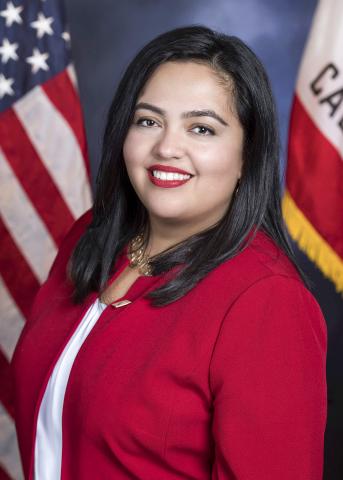

Gov. Gavin Newsom signed into law Wednesday new rules that mandate landlords of certain residential buildings to charge parking fees separately from rent. Slated for implementation on Jan. 1, 2025, the law will begin as a pilot project in specific counties.
AB 1317 by Assemblywoman Wendy Carrillo, D-Los Angeles, targets new residential properties with 16 or more units that receive a certificate of occupancy after the effective date of the law. The pilot program will be in place in the counties of Alameda, Fresno, Los Angeles, Riverside, Sacramento, San Bernardino, San Joaquin, Santa Clara, Shasta, and Ventura. The law aims to mitigate traffic congestion and environmental impact.

Under the new legislation, landlords must maintain separate charges for parking fees and rent for the life of the property. These unbundled fees can be subject to either a distinct rental agreement or an addendum to an existing lease. A tenant’s right of first refusal to parking spaces built for their property is guaranteed, and any remaining spaces may be leased by the owner to other on-site or off-site users on a month-to-month basis.
👉 What: New Laws Webinar Series by the California Apartment Association
📅 When: Date Coming Soon, ETA early December.
📍 Where: Online
🎯 Who Should Attend: Whether you’re from a large property management company or are a small-scale landlord, this is crucial information you can’t afford to miss.
Why You Should Register:
📜 Stay Compliant: On existing and new laws and how they impact you.
🔎 Expert Insights: Hear from CAA experts on the legislative landscape and compliance best practices.
👇 Don’t Miss Out!
Stay tuned for more information on dates and how to register.
Failure on the part of a tenant to pay parking fees cannot serve as grounds for eviction. However, if a tenant fails to pay by the 45th day after the payment is due, the landlord has the right to revoke the tenant’s access to the leased parking space. The law exempts several types of properties, including those with individual garages and deed-restricted low-income properties.
The one-year delay in implementation, as well as the application only to new properties in some counties, results from amendments secured by CAA, providing landlords the necessary time to adjust their operations. CAA will furnish compliance materials and updated lease forms in anticipation of the law’s rollout.